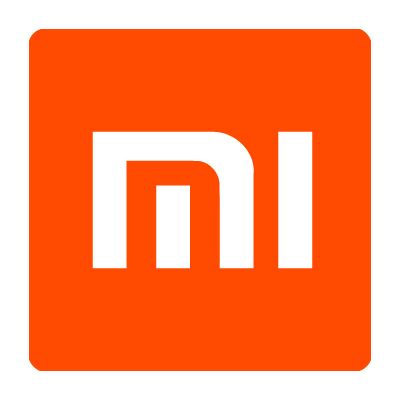Xiaomi PESTEL Analysis
 PESTEL is a strategic analytical tool and the acronym stands for political, economic, social, technological, environmental and legal factors. Xiaomi PESTEL analysis involves the analysis of potential impact of these external factors on the profitability and long-term growth prospects of the mobile internet company.
PESTEL is a strategic analytical tool and the acronym stands for political, economic, social, technological, environmental and legal factors. Xiaomi PESTEL analysis involves the analysis of potential impact of these external factors on the profitability and long-term growth prospects of the mobile internet company.
Political Factors in Xiaomi PESTEL Analysis
There is a wide range of political factors that can affect the internet technology company. These include government stability, bureaucracy, corruption, freedom of press and others. On one hand, Xiaomi has benefited from political factors in China in general and protectionism policy of Chinese government in particular. The government of China protects local technology companies such as Tencent, Baidu and Xiaomi by imposing barriers to operate in the country to their international rivals such as Facebook, Twitter, Snapchat, YouTube and Google.
The head of Xiaomi, along with the heads of Tencent and Baidu advice the government on international business policies.[1] This grants technology companies enviable opportunities to influence local political factors that affect their businesses to a certain extent. Xiaomi has even set up its Communist Party Committee in 2015[2] as a display of its support for the ruling government.
On the other hand, while political factors benefit Xiaomi in its home market in China, the company is usually negatively affected from political factors outside of China. For example, the Taiwanese government has investigated Xiaomi on a cyber security threat in 2014 causing certain damage to the brand image of the company. There is a popular concern that the investigation was politically motivated because “China and Taiwan have been historical foes since defeated Nationalists fled to the island after losing a civil war to China’s Communists in 1949”.[3]
Economic Factors in Xiaomi PESTEL Analysis
Economic factors affecting the internet technology company are diverse. These include macroeconomic climate in the country, inflation and interest rates, taxation, currency exchange rate etc. Moreover, the cost of labour and unemployment rate can be mentioned as examples for economic factors that have direct implications on businesses.
For example, average cost of labour for factory workers in China has reached USD 3,60 an hour in 2017, an increase of 64% compared to 2011[4]. Such an economic tendency has direct implications on Xiaomi competitive advantage taking into account cost leadership business strategy pursued by the company.
Xiaomi Inc. Report contains a full version of Xiaomi PESTEL analysis. The report illustrates the application of the major analytical strategic frameworks in business studies such as SWOT, Porter’s Five Forces, Value Chain analysis, Ansoff Matrix and McKinsey 7S Model on Xiaomi. Moreover, the report contains analyses of Xiaomi business strategy, leadership, organizational structure and organizational culture. The report also comprises discussions of Xiaomi marketing strategy, ecosystem and addresses issues of corporate social responsibility.
[1] Banjo, S. (2018) “China Protectionism Creates Tech Billionaires Who Protect Xi” Bloomberg, Available at: https://www.bloomberg.com/news/articles/2018-03-06/how-china-protectionism-creates-tech-billionaires-who-protect-xi
[2] Gao, K. (2015) “China’s largest smartphone maker Xiaomi sets up Communist Party committee” South China Morning Post, Available at: http://www.scmp.com/news/china/policies-politics/article/1828191/chinas-largest-smartphone-maker-xiaomi-sets-communist
[3] Gold, M. (2014) “Taiwan probes Xiaomi on cyber security” Reuters, Available at: https://www.reuters.com/article/us-taiwan-xiaomi-cybersecurity/taiwan-probes-xiaomi-on-cyber-security-idUSKCN0HJ08Z20140924
[4] Yan, S. (2017) “’Made in China’ isn’t so cheap anymore, and that could spell headache for Beijing” CNBC, Available at: https://www.cnbc.com/2017/02/27/chinese-wages-rise-made-in-china-isnt-so-cheap-anymore.html

